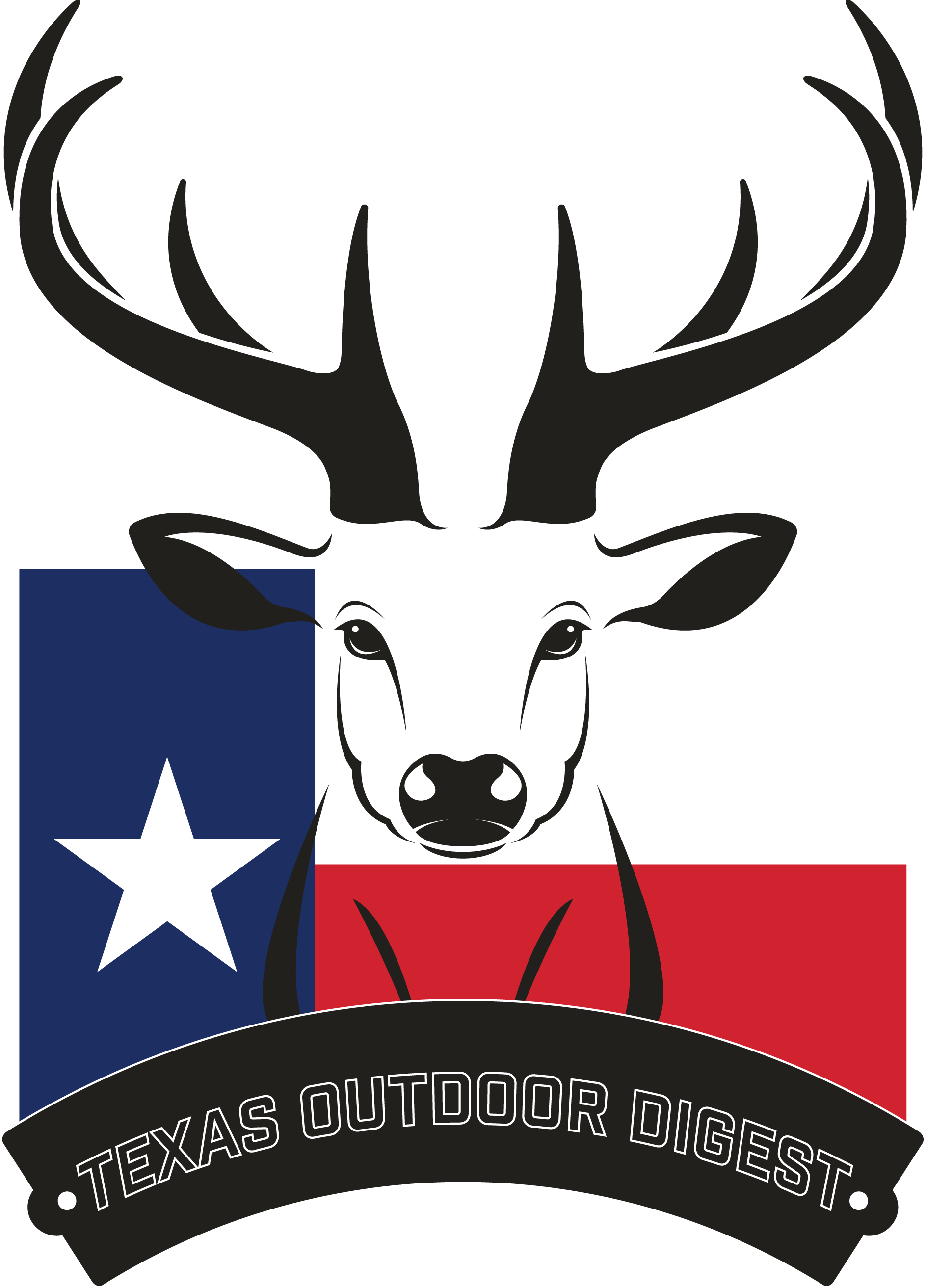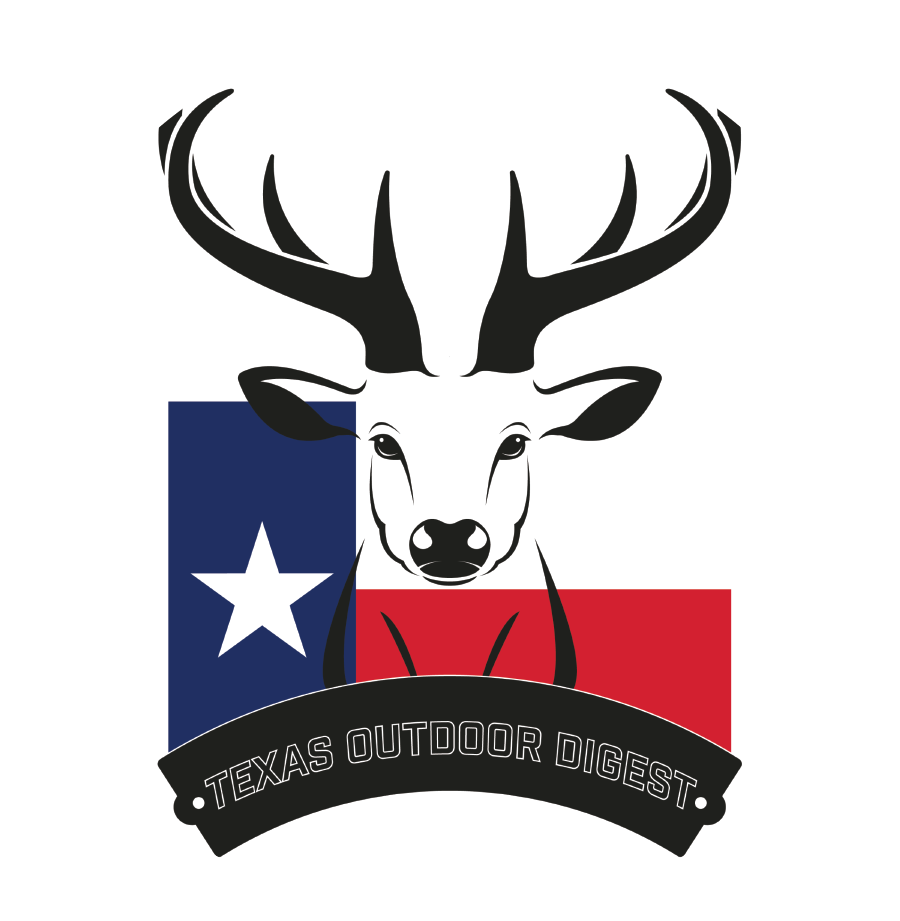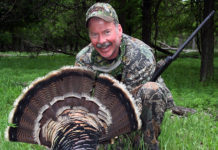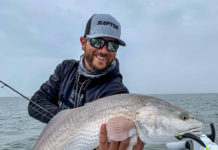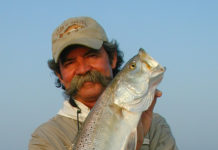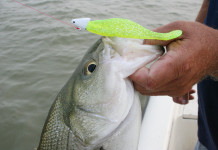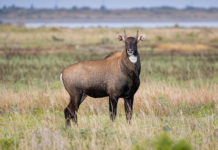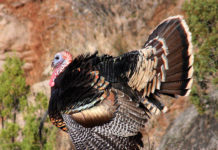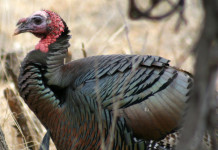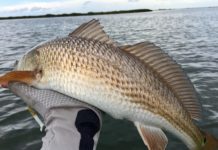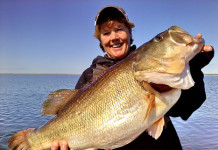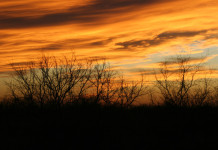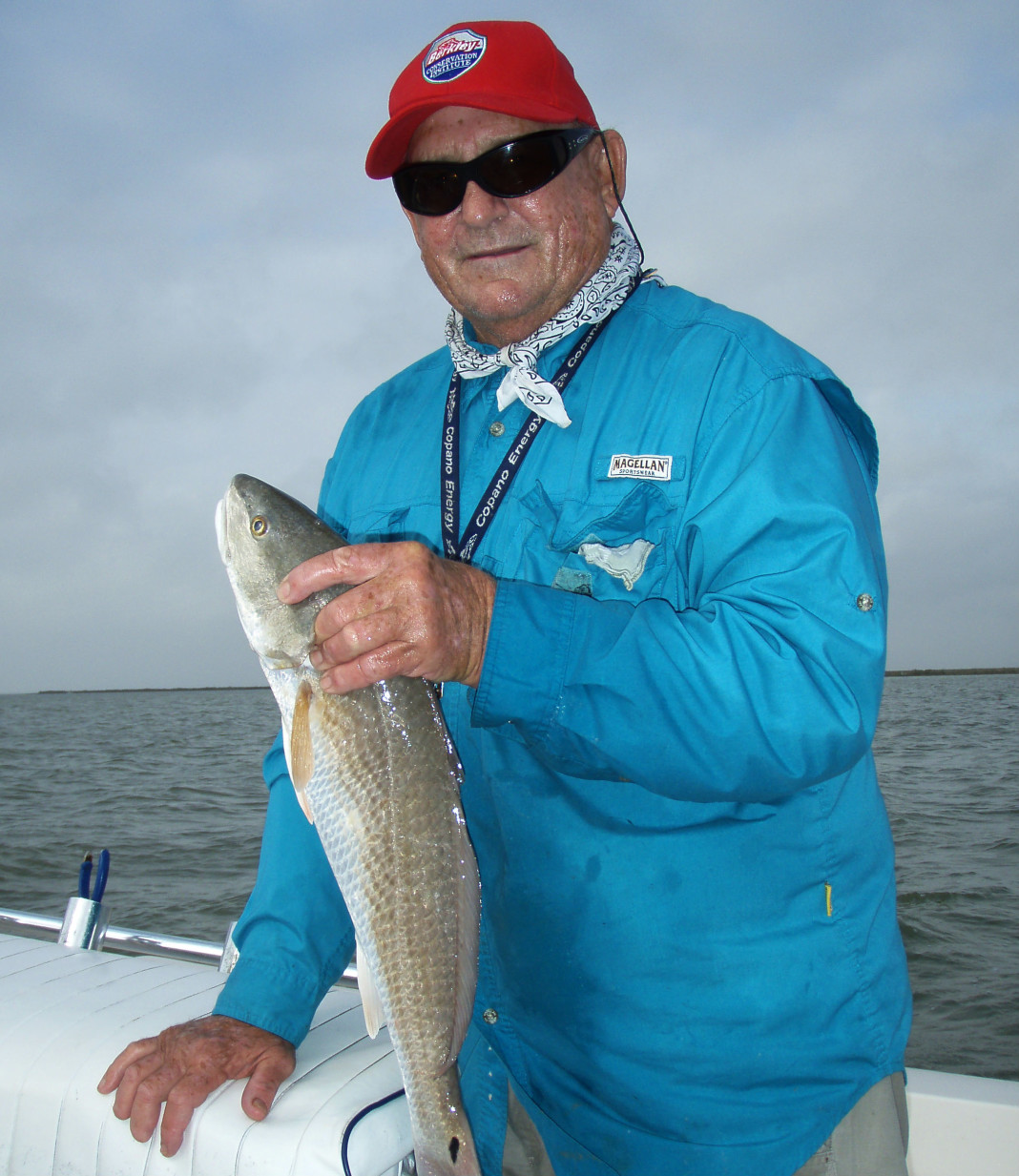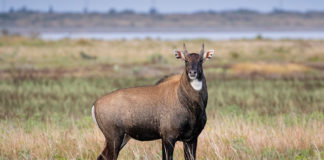The average man always knows where he’s going.
He doesn’t need a map, compass or directions from the old-timer at the gas station. Then again, the average man might wander around, taking time to compose where he is, where he has been and where he’s going.
It’s a process, really. Sometimes it can take hours.
Sure, you could ask for directions, but most guys will tell you that getting somewhere on their own is something to be proud of.
Taking the same doctrine and applying it to the outdoor world, it doesn’t take long to figure out you can go it alone or get some help. This type of help might cost you, but in the end, it will make a trip more enjoyable and likely, more fruitful.
Hunting with a guide can mean the difference from just seeing deer or turkeys to setting up on them and having a plan to go on.
The same goes for fishing. Knowing what lure or technique to use is one thing. Taking that knowledge and using it to put fish in the boat or on the stringer is another.
Asking for help is one thing.
Paying for it is another. Some hunters and anglers would never dream of paying someone to take them out.
Those same people might never go on a trip of lifetime, though, when the fish almost jump in the boat or the deer never stop fogging in.
Sometimes you get lucky and have days where you’re hot. Other days you couldn’t catch a fish with dynamite.
Hunting and fishing guides make their own luck.
Cashing in
Having a hunting or fishing guide lends itself to a handful of advantages. The most obvious is most, though not all, guides operate full-time.
Many landowners will often farm or run livestock on their land in the offseason if they happen to own it, and hunt on it during the fall or spring seasons.
Having someone who is around the land where fish or animals are gives that person firsthand knowledge of how things are affecting each other.
Another big advantage is guides know what works and what doesn’t. An example of this I have seen firsthand is fishing on the San Juan River in northwestern New Mexico.
The San Juan is one of the best trout fisheries in the lower 48, though many anglers attempt to dap a fly going only on reports or hearsay from others.
The big rainbow trout in the San Juan are notoriously fickle when it comes to lines, flies and the presentation of it all.
Nothing is quite so irritating as seeing someone else catch a fish on the same part of the stream you are fishing, as regularly happens on the river and other places.
Guides fish or hunt constantly, or think about it all the time. They know exactly what fly pattern will work and what won’t. In places like the San Juan, the slightest alteration to a technique or lure is what makes the difference.
Having a guide gives you that.
Yet another perk to hiring a guide is they often have access to land that others don’t. Hunting and fishing on public land can be enjoyable, but having the ability to go onto private land like a guide can often do, will usually pay off.
Obviously, hunting and fishing pressure will be higher on public areas, and being able to go to new country can be another difference between a good outing and a bad one.
Expectations
Many people who go out with a guide expect everything to be child’s play. In most situations, going with a guide will up your success rate.
The problem with success rates are they aren’t all equal. Some anglers may think catching a big fish is equal to catching 10 smaller ones.
Some hunters think the day is only a success when they harvest their limit.
It all comes down to what your priorities are and how you go about attaining them.
One of the main things to remember is hunting and fishing guides are only human. They aren’t robots.
They can’t always find you that big whitetail or 10-pound bass. Knowing that the earth will continue to keep spinning is one of the only certainties in the outdoors.
Many guides will do almost anything legal to show their customers an enjoyable time.
That being said, treating a guide with respect and showing your appreciation is the least you can do during your excursion. Even though you’re paying, it still is the way to conduct yourself.
Bad trips
The first redfish I landed was in Aransas Bay on the Texas coast when I was a youngster.
My father and I went on a trip with a guide who my father had been out with before and knew well. That trip went great. We landed a limit of big reds and caught some speckled trout to boot.
Our guide was cordial and showed me exactly what to do and not do. I had an exceptional time.
When a friend of my father’s called a couple of years later, asking for a good fishing guide, my father gave the man the name of the guide we had fished with.
After the man got back from the coast, all he could do was show contempt for the guide when he called my father back.
Apparently, the guide was surly, rude and they didn’t have a good day.
All you can do in the case of the bad trip is look on the bright side and think about how that trip makes the good ones look that much better.
Many times, if a trip was not as fruitful as the client or guide would like, guides will offer another trip at no cost.
There are no guarantees in life. If you want a guaranteed catch, go to the supermarket and look in the window where they keep the meat and fish.
More often than not, an outdoor excursion is about the trip and the experiences over the day’s limit.
At least that’s how it should be.
Many times, finding a good guide goes by word of mouth.
Having friends who have hunted or fished with a particular guide is a good barometer for finding a good one.
Other times, you might have to just search around, calling up guides and asking questions.
In the end, it’s all worth the effort and expense. Even if you don’t catch a bunch or fish or limit out on doves, it still beats work.
